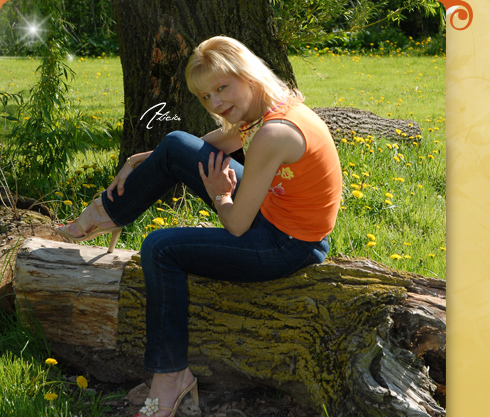In my non-monogamous perambulations, I’ve realized that the expression “relationship anarchy”
Editor’s mention: At NewMo there is a good interest in alleged “alternative” sexualities and relationship settings. (getting clear, not everyone in our neighborhood is actually LGBTQIA, perverted, non-monogamous, etc., however, many folks check some box.) We’d choose report the ins and outs of these worlds in an obvious, non-judgmental way that’s useful to individuals who explore all of them.
(RA) is actually recently common. Occasionally, it is so prevalent that numerous people who recently concerned town conflate RA with polyamory by itself.
concepts, for example “hierarchical polyamory.” And many longtime non-monogamists has particular choices (and stereotypes) concerning the “best” option to exercise. I asked Kat Jercich to create this post because We haven’t viewed good accounting in the variations, including they’re, between union anarchy and hierarchical polyamory (which are occasionally regarded as two ends of a spectrum).
Individuals being human beings, it’s probably unavoidable there be an ever-increasing amount of poly concepts. And undoubtedly, polyamory is one class one of the strata of “consensual non-monogamies” — there may be others, like moving. For those who have feelings or would you like to create reports about some of this, we’re usually open to tips.
— Lydia Laurenson, publisher
Connection Anarchy
In early, Swedish journalist and online game build product commander Andie Nordgren created the ideas behind a kind of non-monogamy also known as “relationship anarchy.” Love anarchists target permission, openness, and sincerity. As opposed to prioritizing the needs of one union, they worry that interactions — like platonic, romantic, or sexual people — needs to be cherished similarly. They often times thought their approach to affairs in order to subvert imbalances of power throughout wider community.
[[This article appears in problem One with the New Modality. Buy your duplicate or join right here.
Union anarchy “tries to obtain around the traditional idea that could usually select your intimate spouse over friends, or that family were much less crucial,” claims Hadar Aviram, a professor of legislation at institution of Ca, Hastings university regarding the Law, having done substantial investigation on non-monogamy.
“Polyamory usually however gift suggestions passionate sexual bonds as the most essential relations in culture,” produces Dr. Eleanor Wilkinson, a professor in peoples geography during the institution of Southampton, in a chapter she contributed to a textbook named Understanding Non-Monogamies . She contends that focusing on romantic enjoy may “work against or briefly divert off their types of really love — familial appreciation, love for pals, friends, community, or passion for the earth.”
I wish to propose that polyamory are more productive when we change they to add not just
Like many non-monogamists, connection anarchists commonly consider constructing neighborhood with one-on-one affairs, and are usually in several romantic or sexual interactions at a time. However, they don’t sign up for exactly what most name the “relationship escalator:” the hope that relaxed sex will induce much more serious matchmaking, that may consequently trigger matrimony and maybe infants. (Sidenote: commitment anarchy isn’t exactly like non-hierarchical polyamory, which might nevertheless include regulations several level of prioritization of romantic lovers over other relationships, yet is also different then hierarchical polyamory.)
“in which some poly people and [relationship anarchists] varies is the fact that [relationship anarchists] decline promoting procedures and hierarchies,” claims the creator from the Vancouver Sex great people, Kale Gosen, on the YouTube route connection Anarchy . Those rules can “limit expectations positioned on other people about precisely how affairs should create.”
In place of enacting hard-and-fast procedures for his or her partners’ actions, such as for instance when sleepovers occur or exactly what reliable gender methods will want to look like with metamours (their unique associates’ additional partners), relationship anarchists say they enact boundaries on their own — centering on autonomy in place of control.
